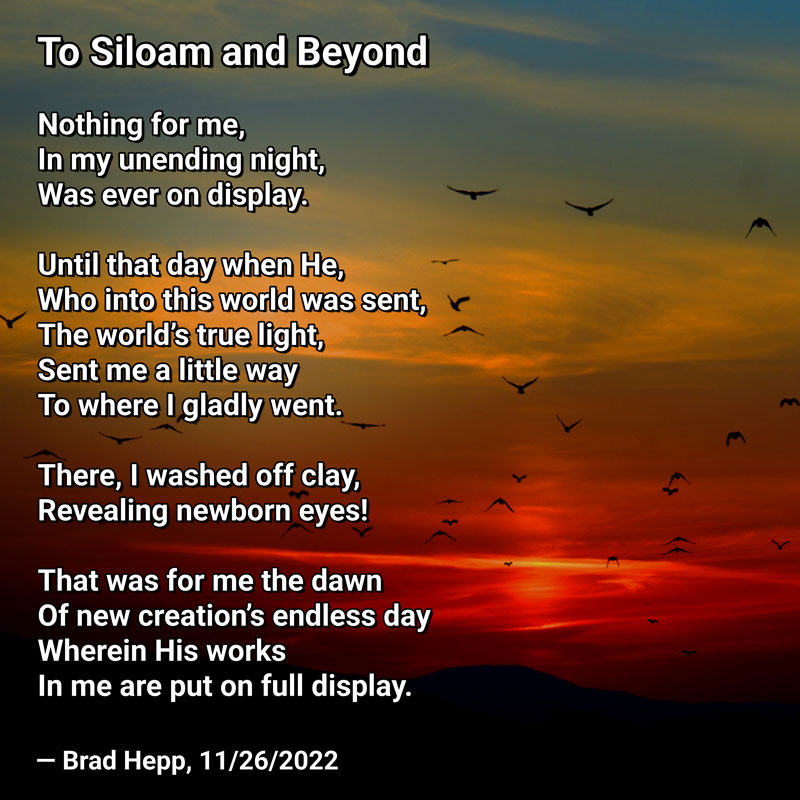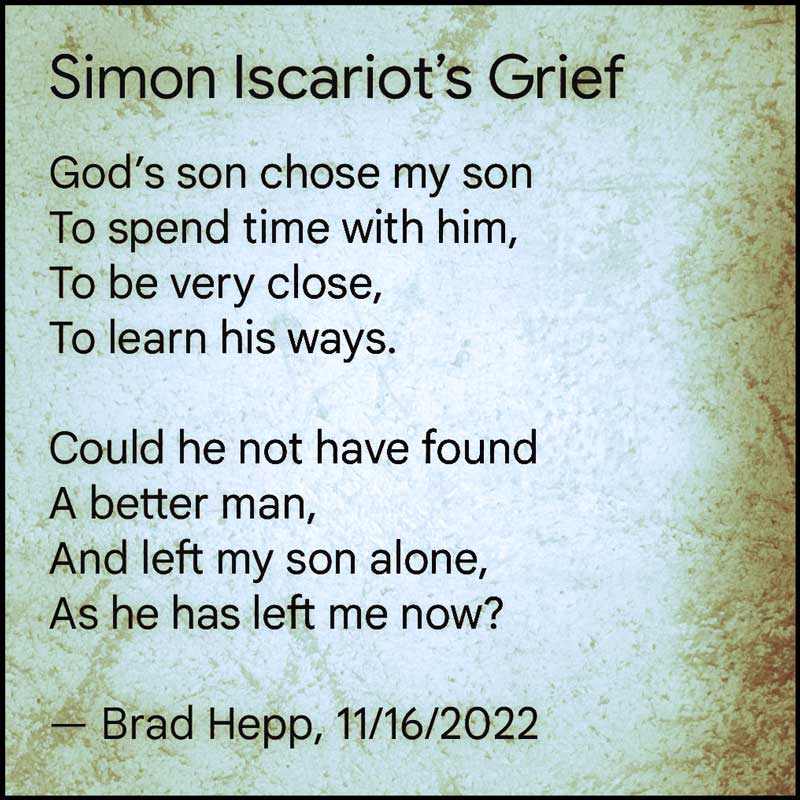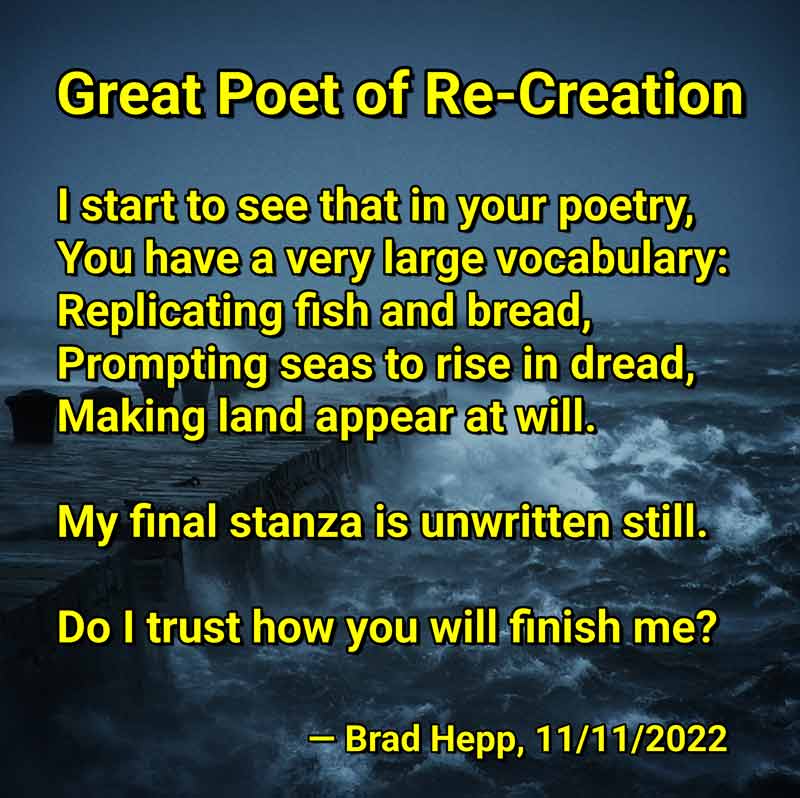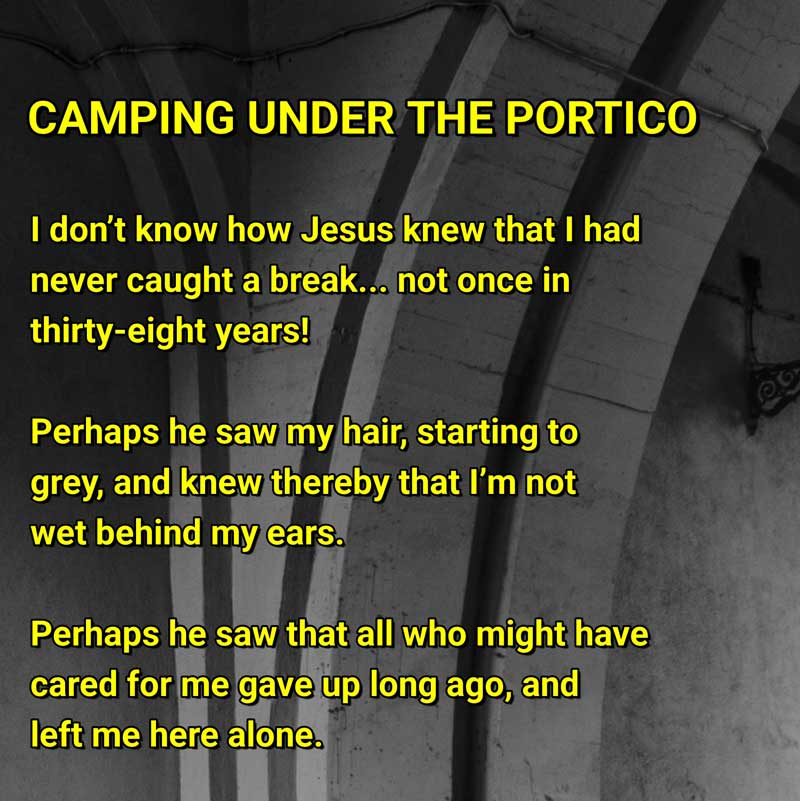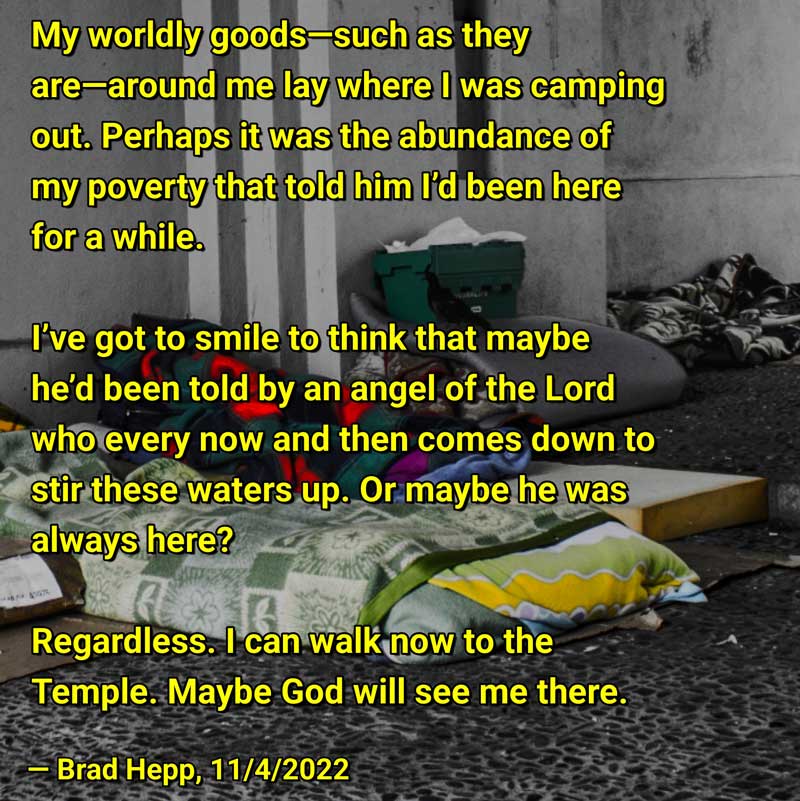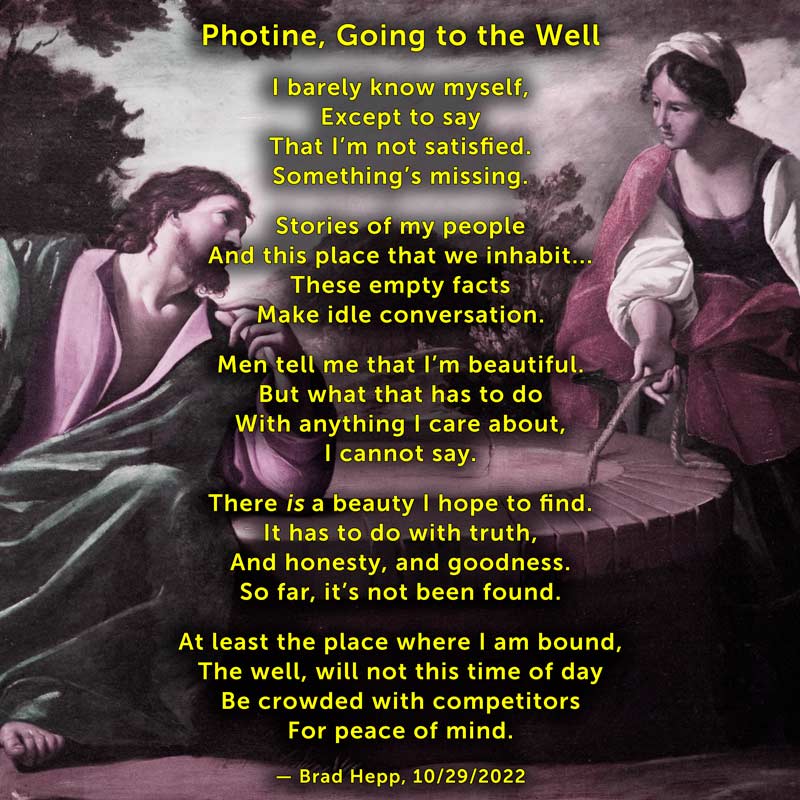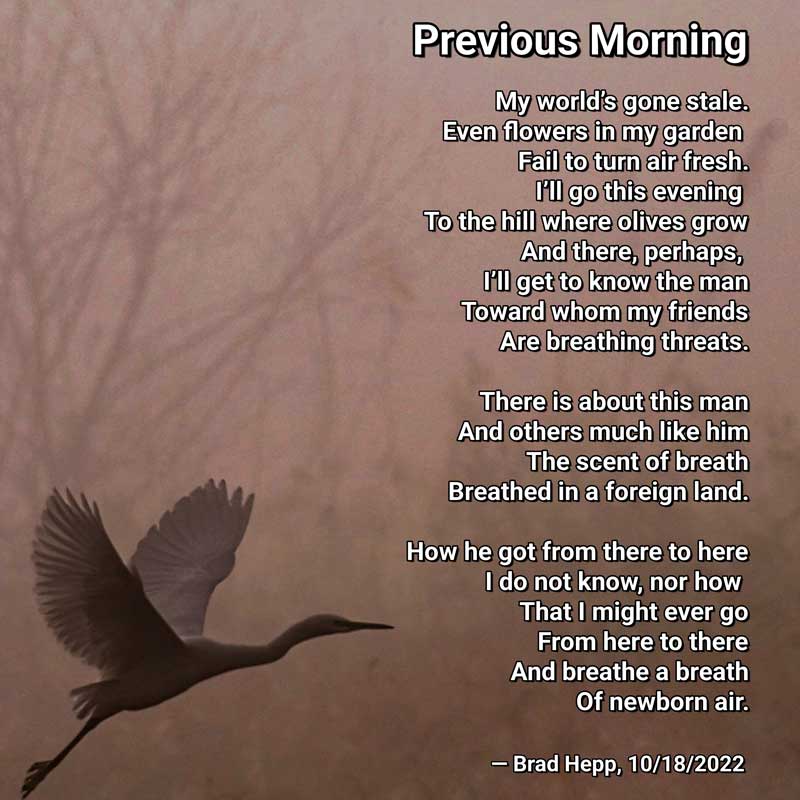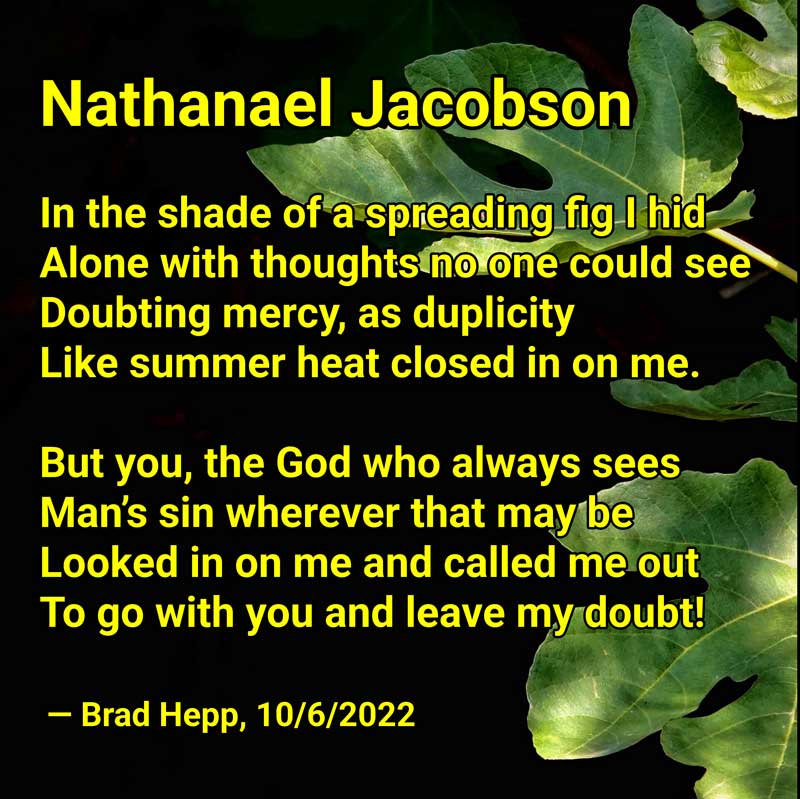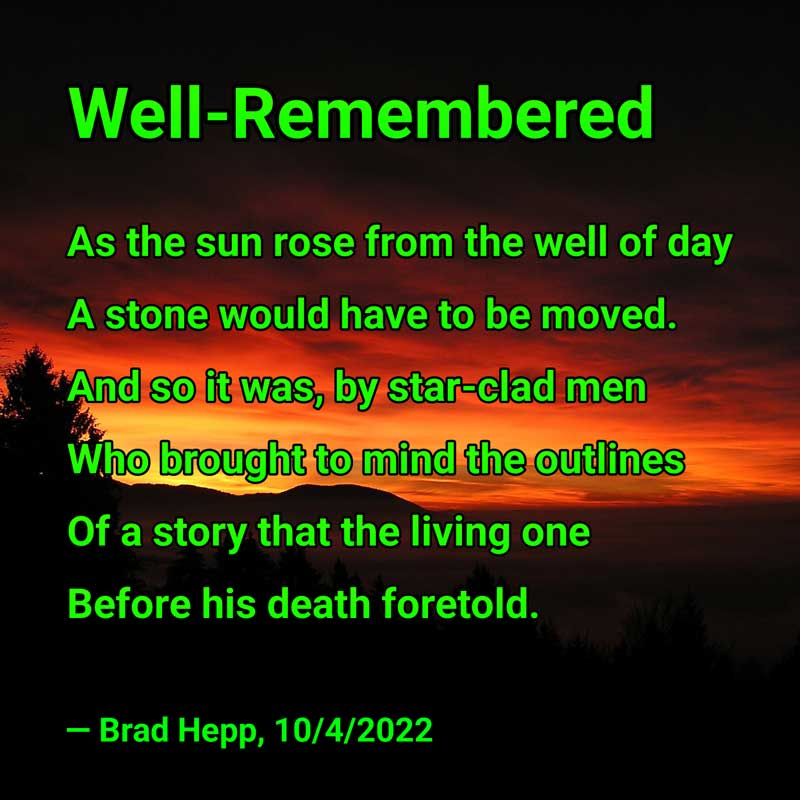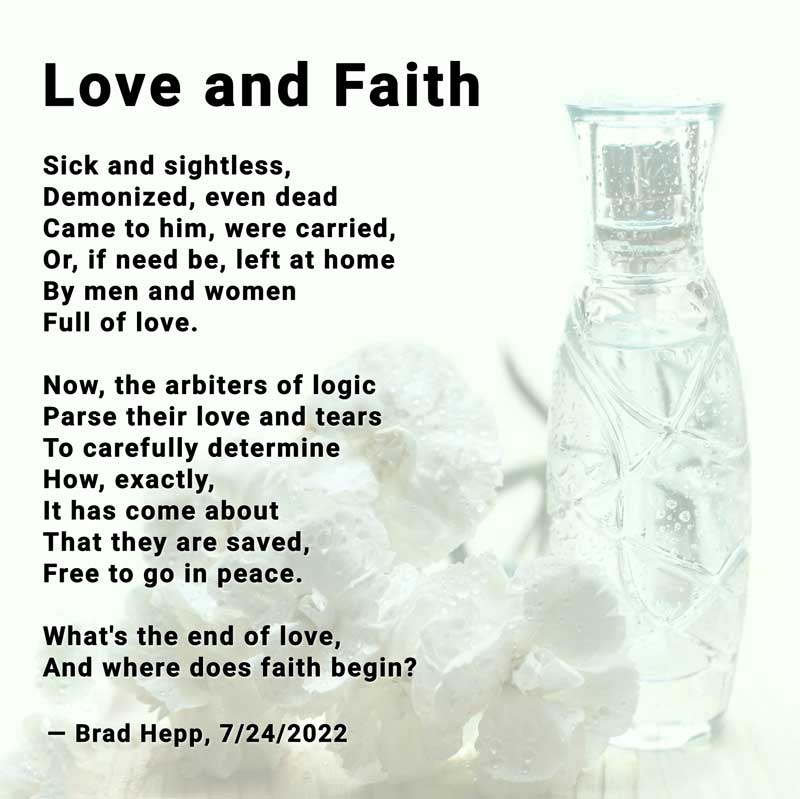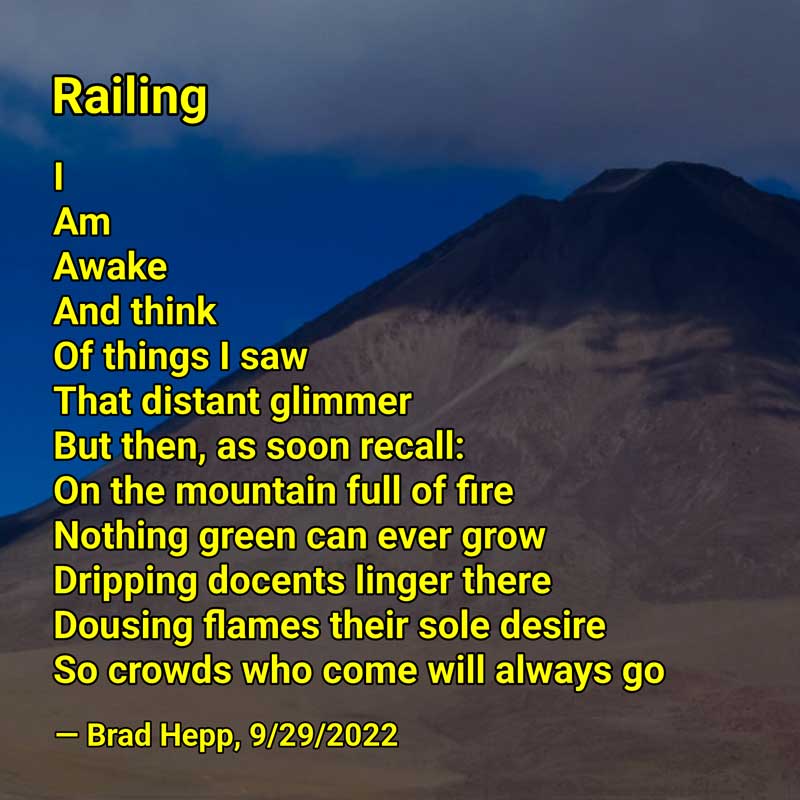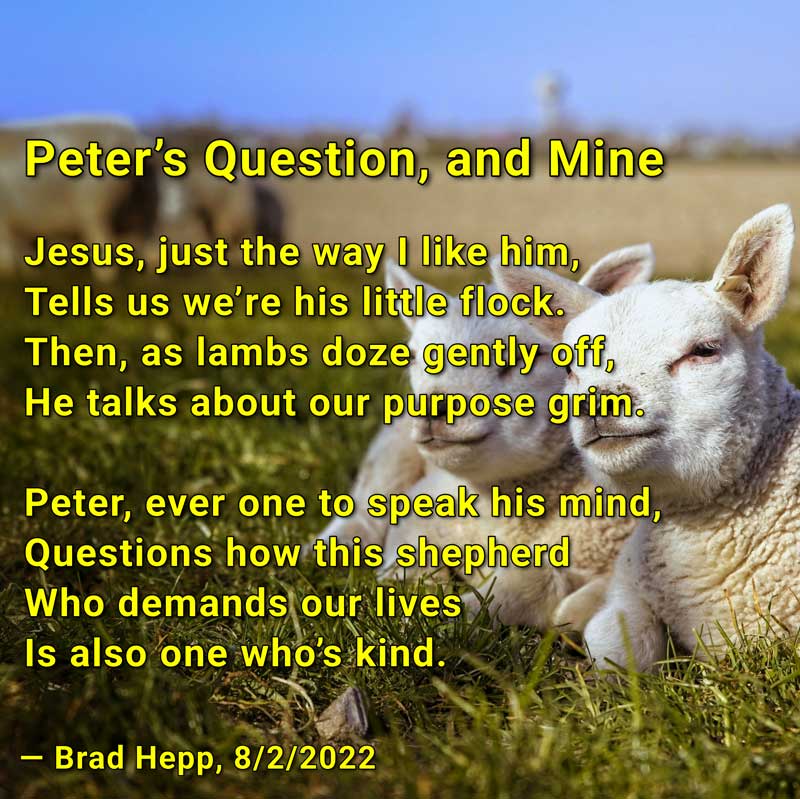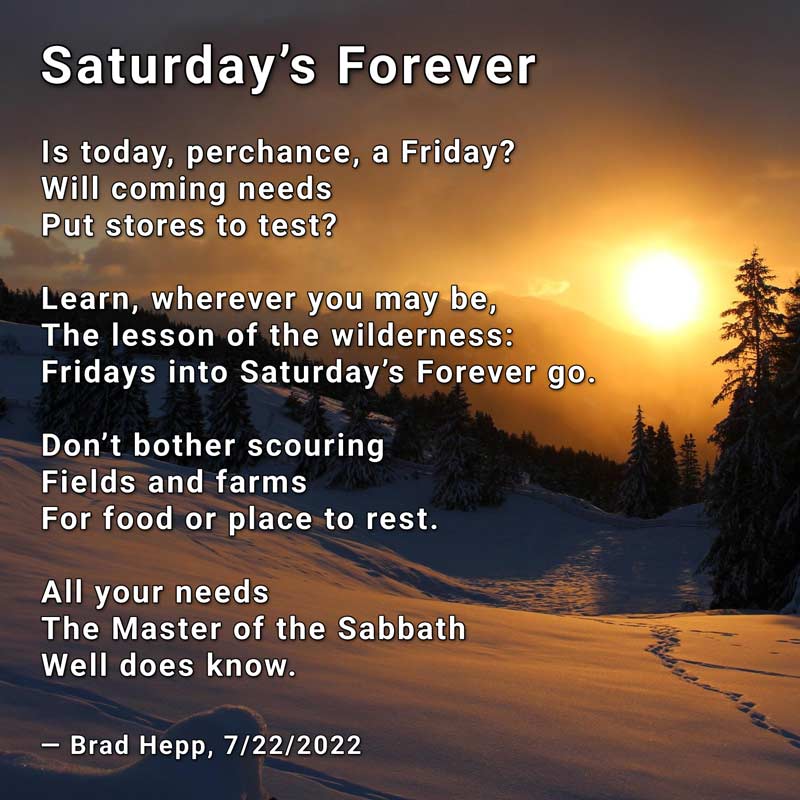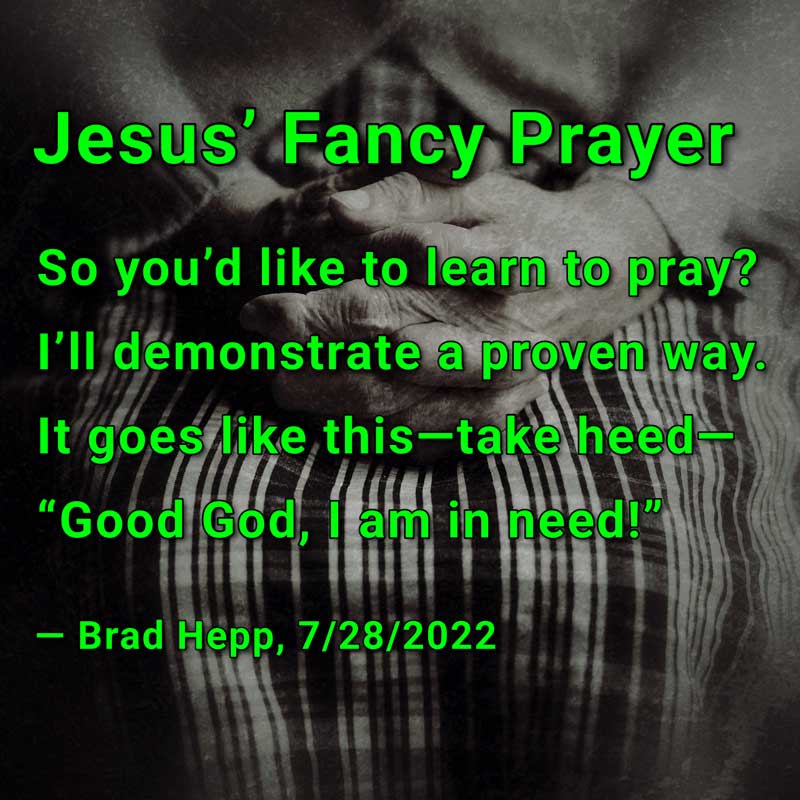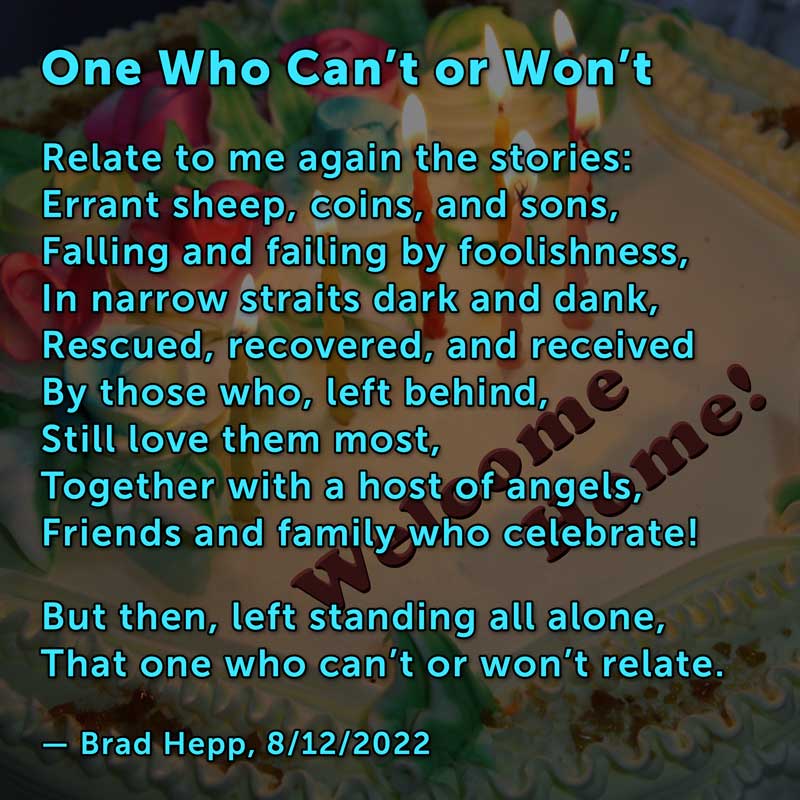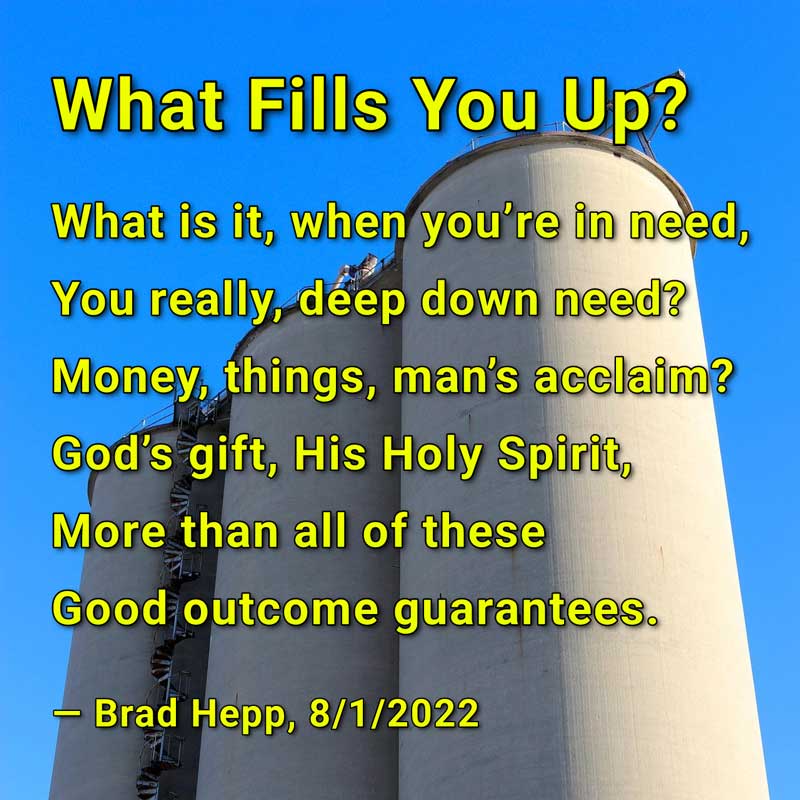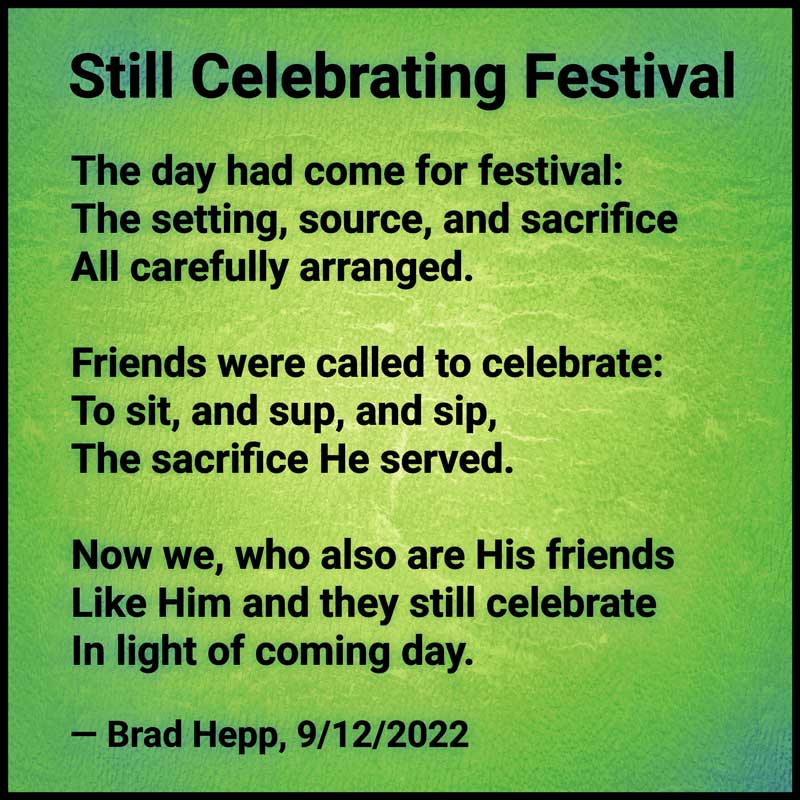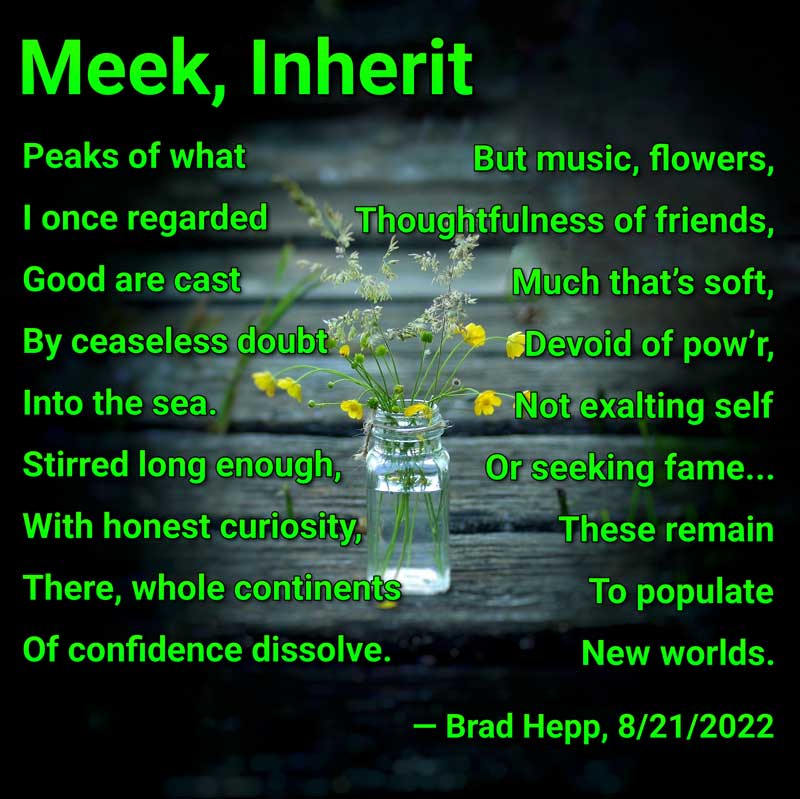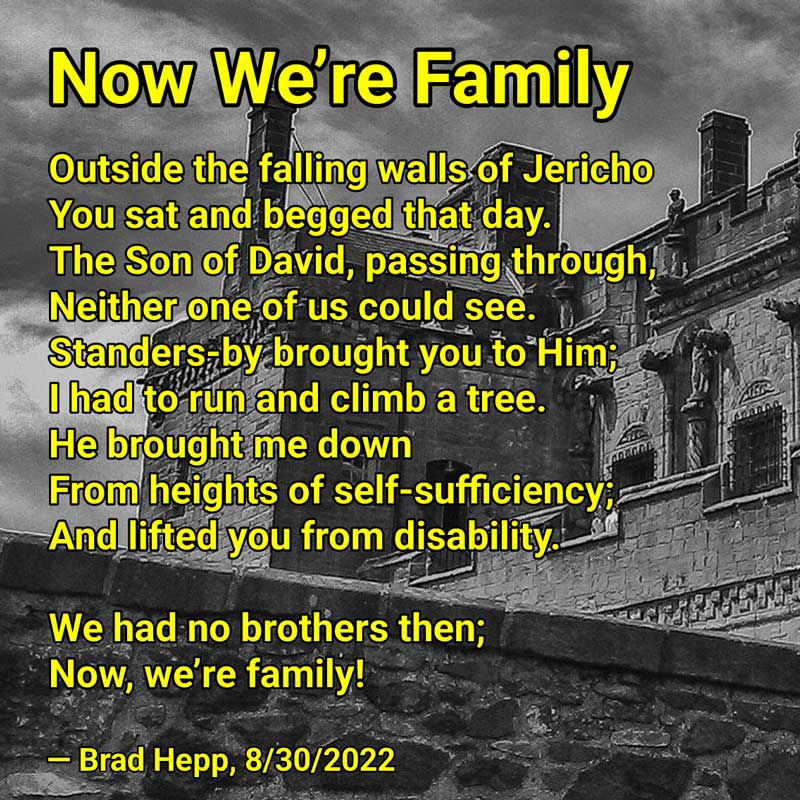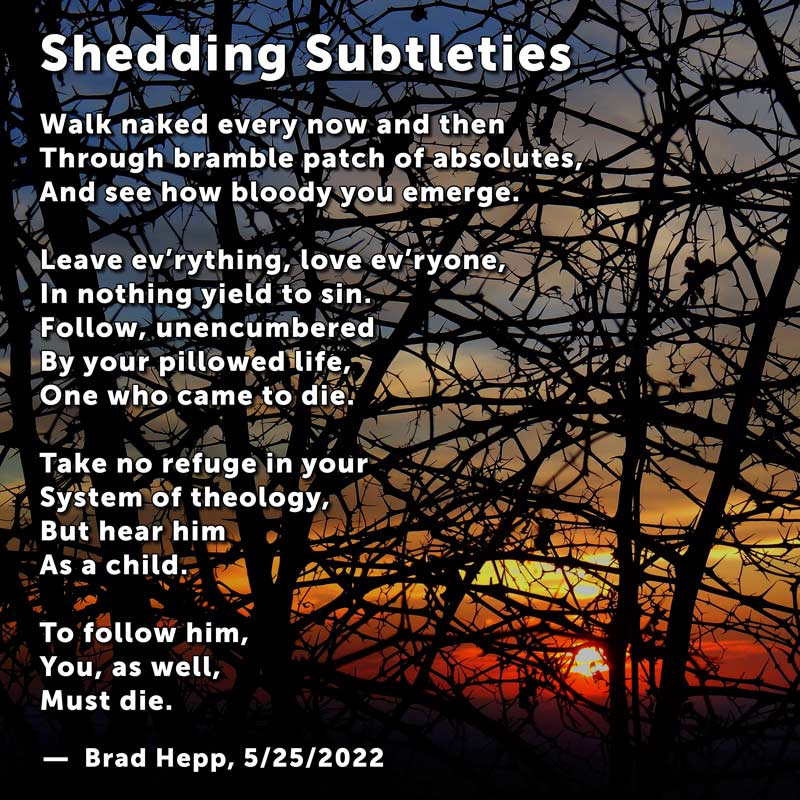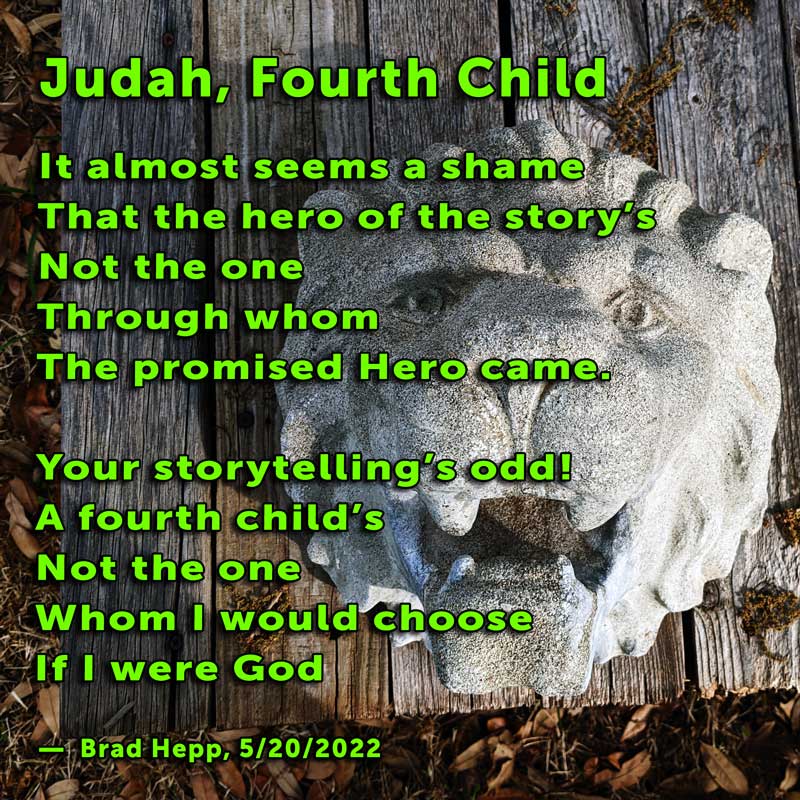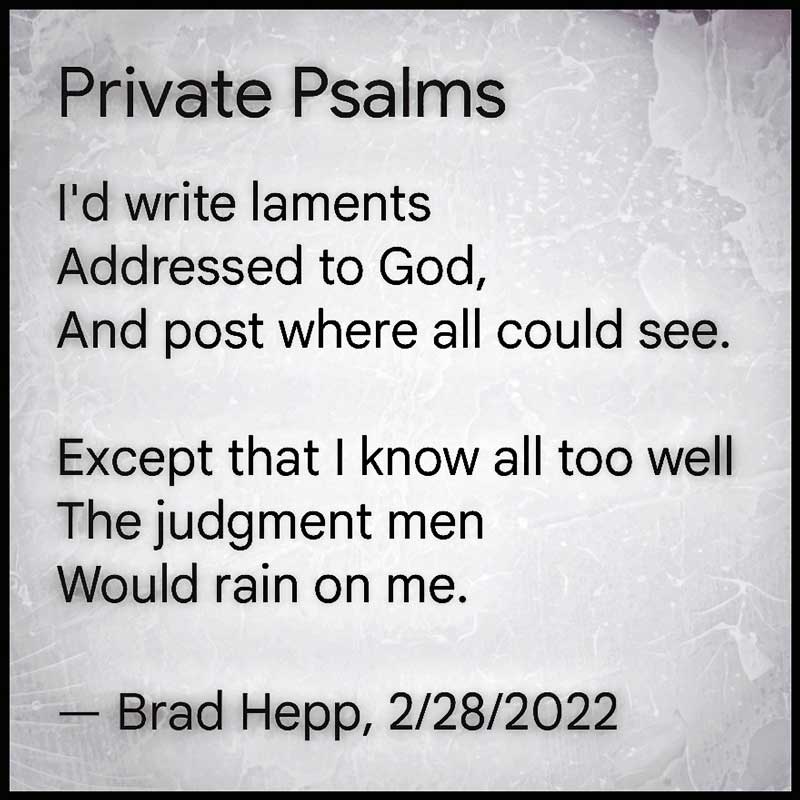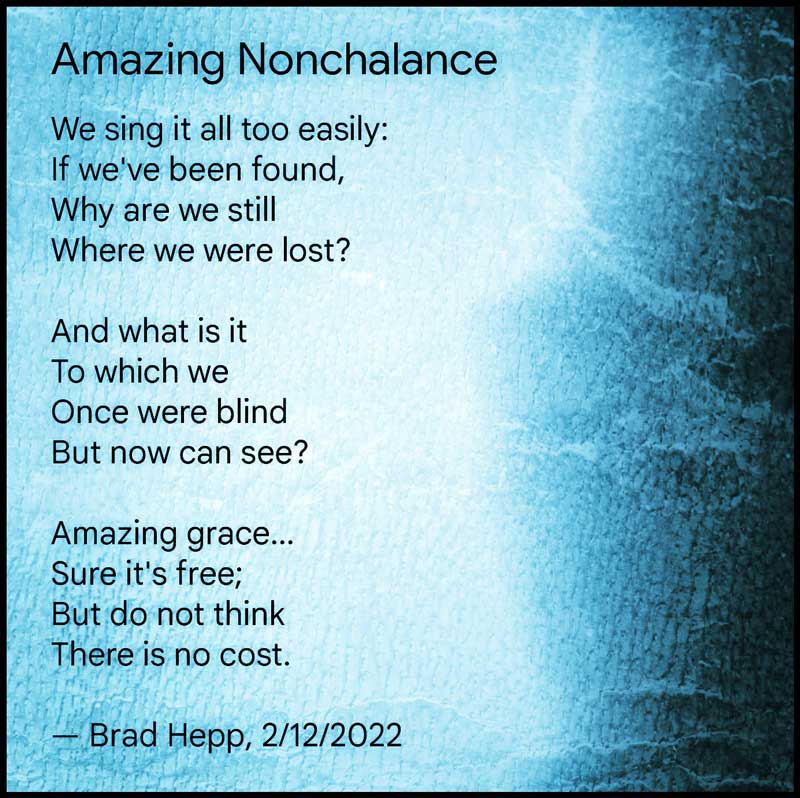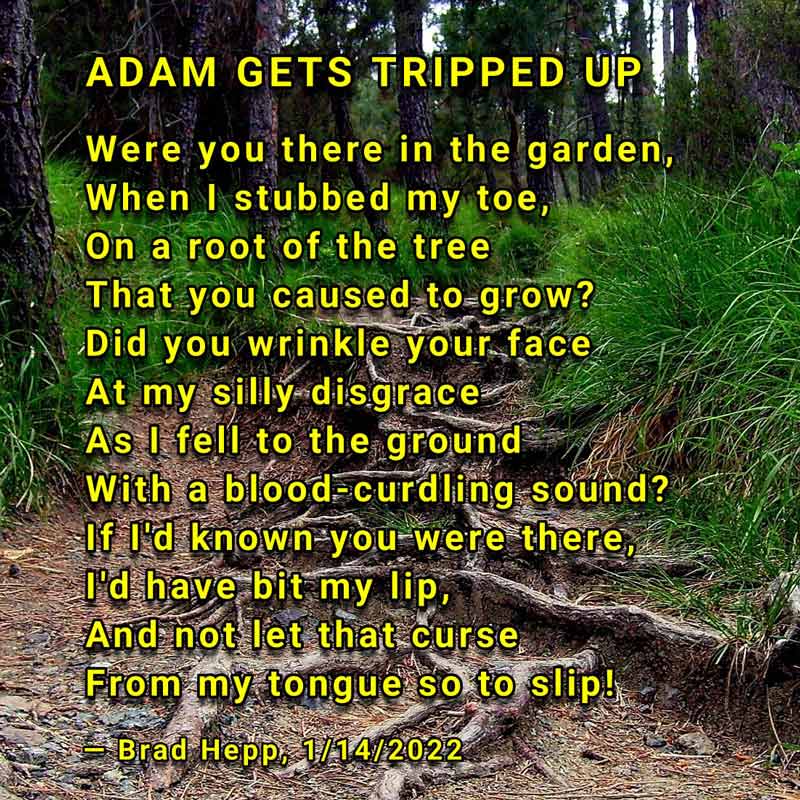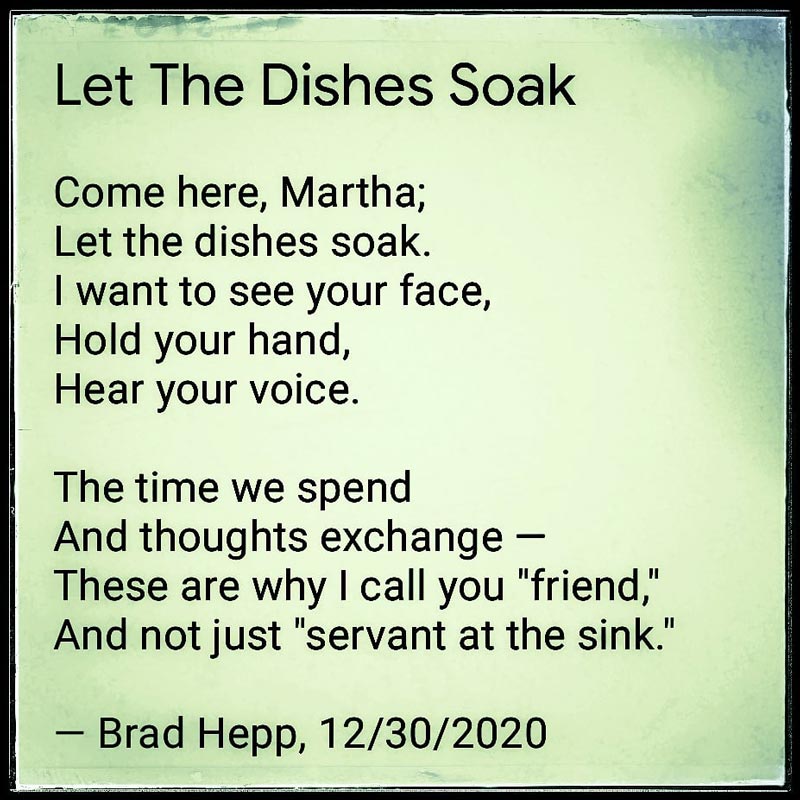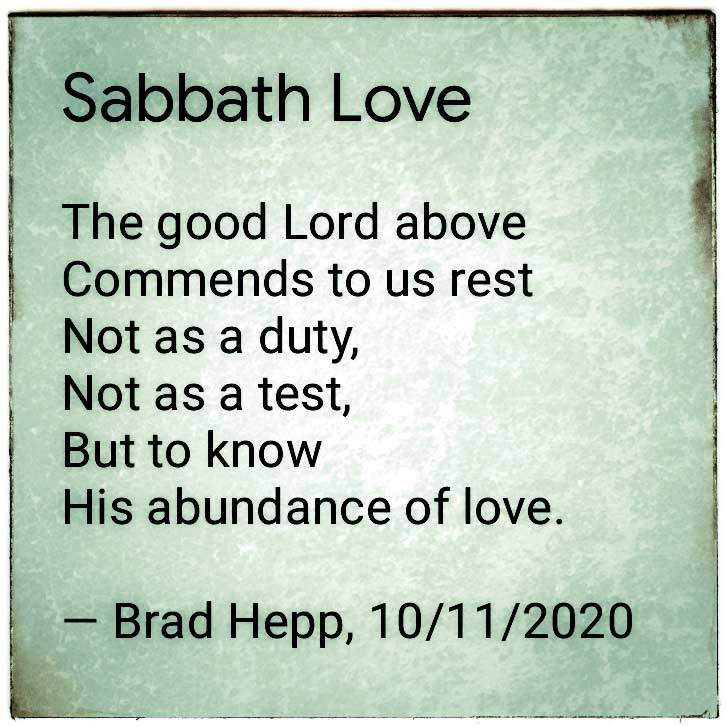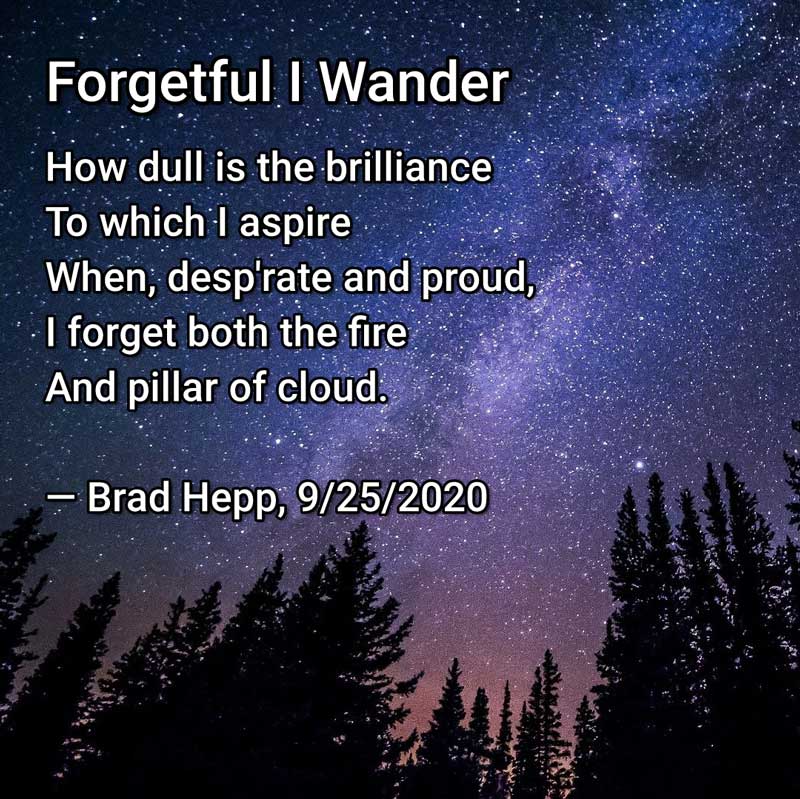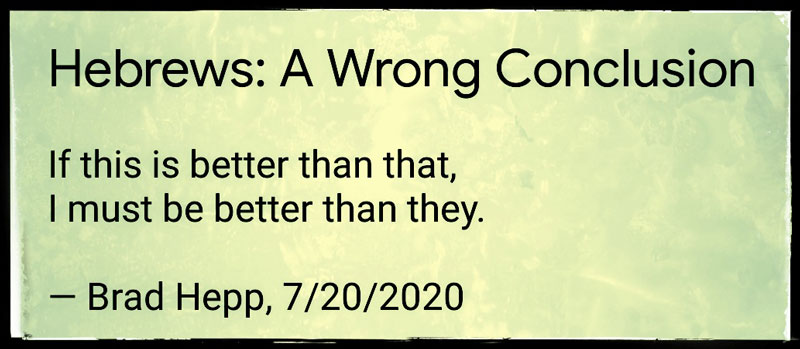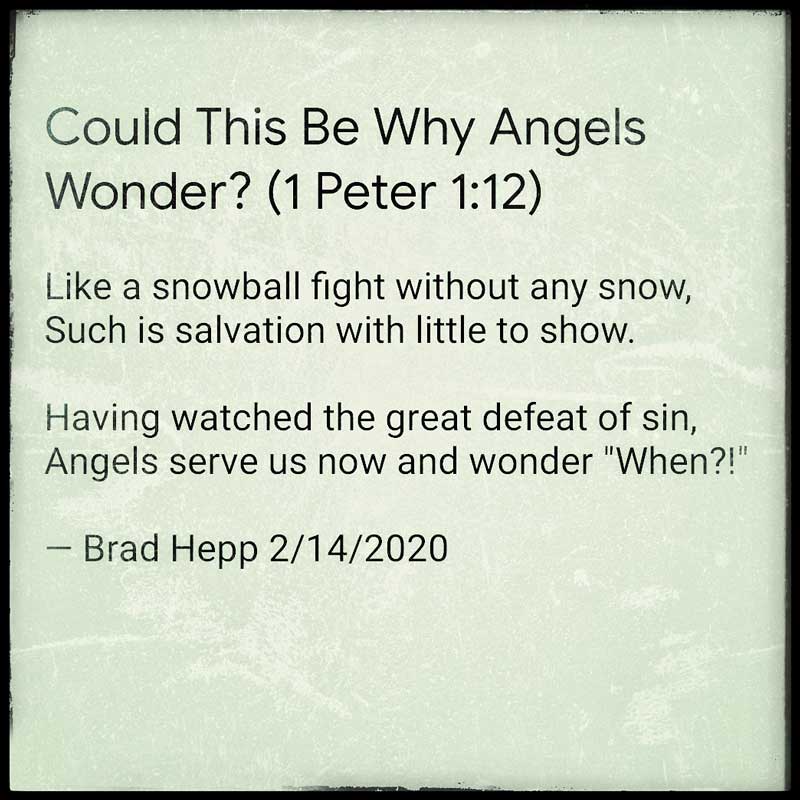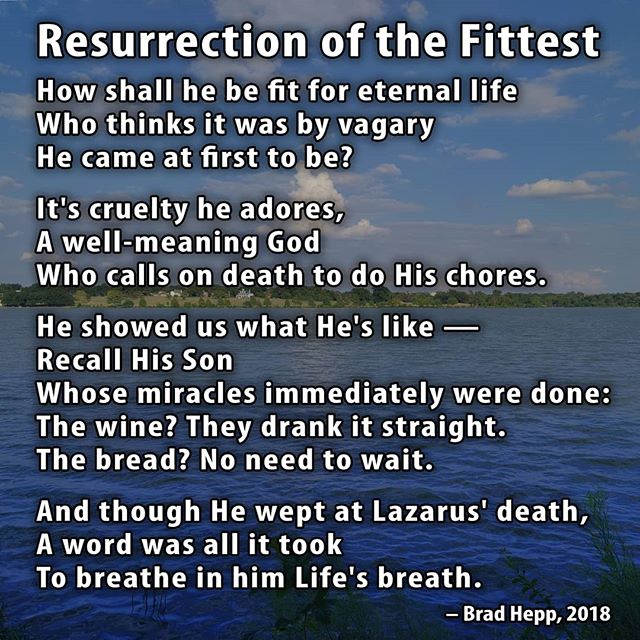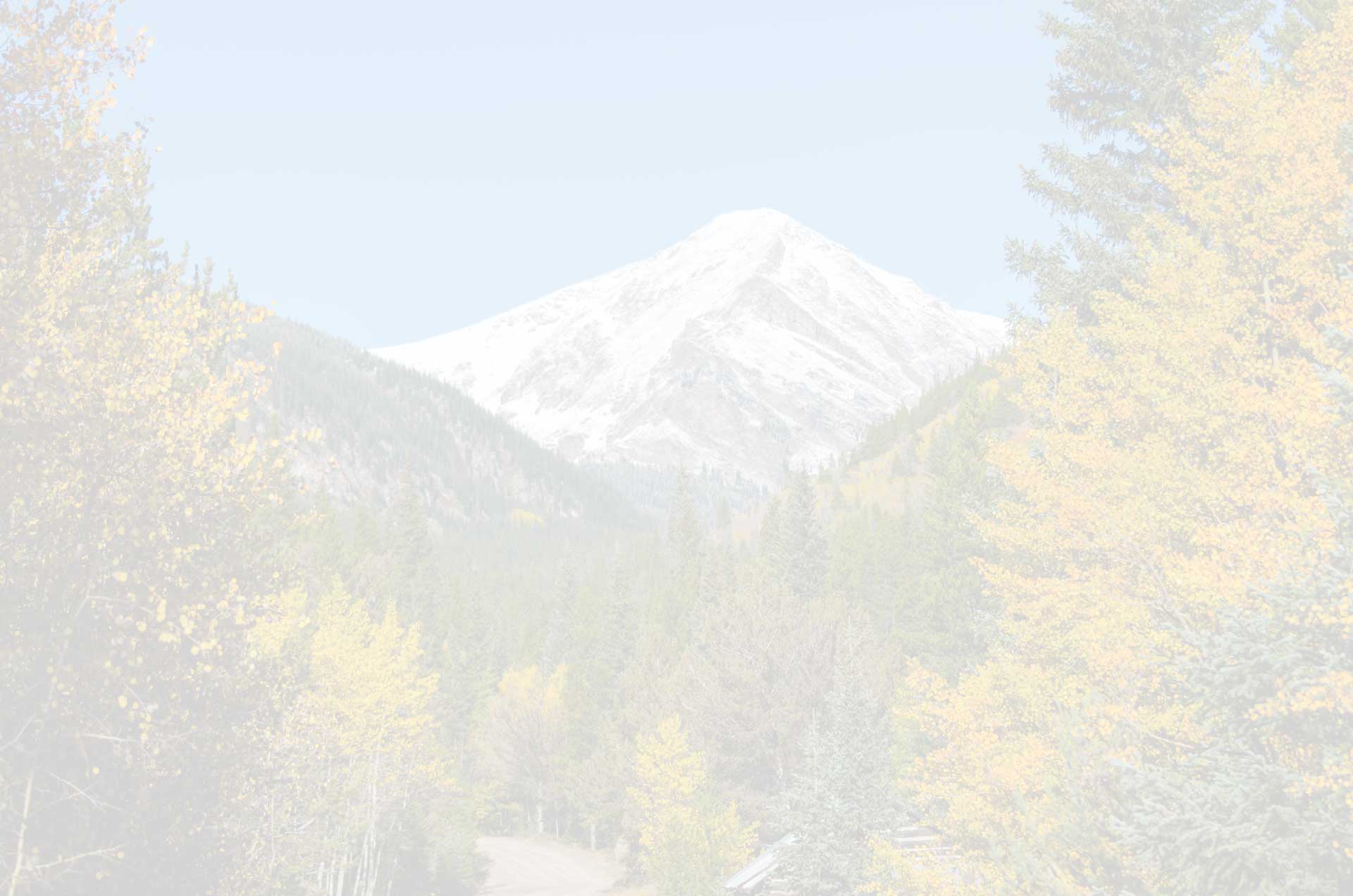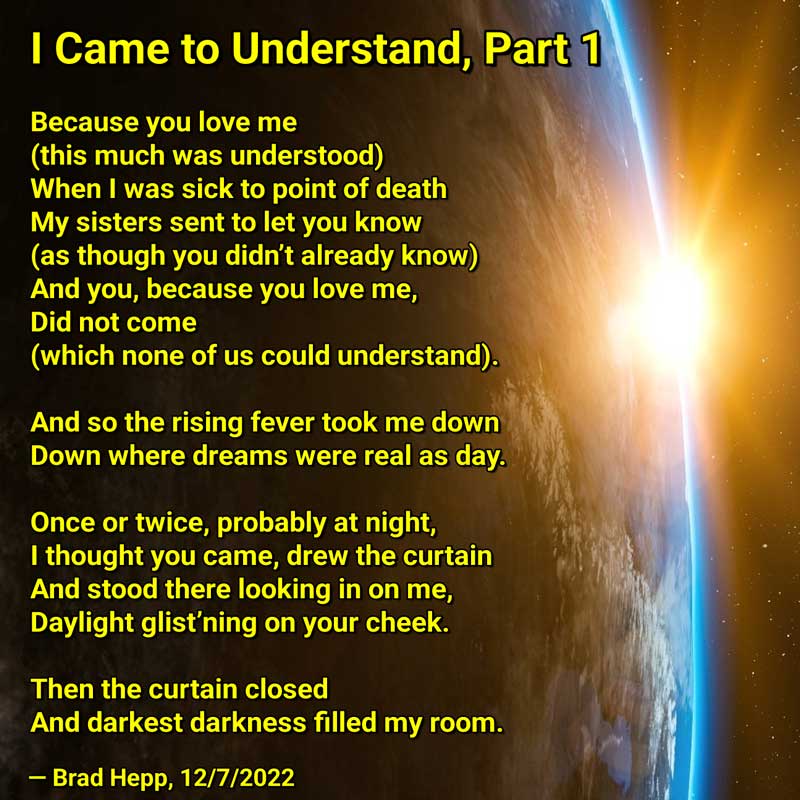
Commentary
Now Jesus loved Martha and her sister and Lazarus. So, when he heard that Lazarus was ill, he stayed two days longer in the place where he was.
John 11:5-6 ESV
This morning, my crawl through John got me to chapter eleven. If it has been a while since you read that chapter, I urge you to read it now. You’ll realize that Jesus was about 20 miles (a good day’s walk) from Lazarus, and his sisters. That raises the question: why did Jesus stay where he was after being told that Lazarus was sick? John’s word choice is curious. He writes, “So he stayed two days longer.” You or I might have written “But he stayed two days longer.”
What I’m beginning to explore in this poem is the relationship between Jesus’ love for Lazarus and his staying away when he was summoned by Lazarus’ sisters. The question is an old one: “How does a loving God let his creation suffer?”
You’ll see that most of my poem is pure speculation, call it sanctified imagination. What was Lazarus experiencing as he neared death? What was actually happening?
I think I know where part two will land:
On the shore of glory and love
(then we’ll understand)
